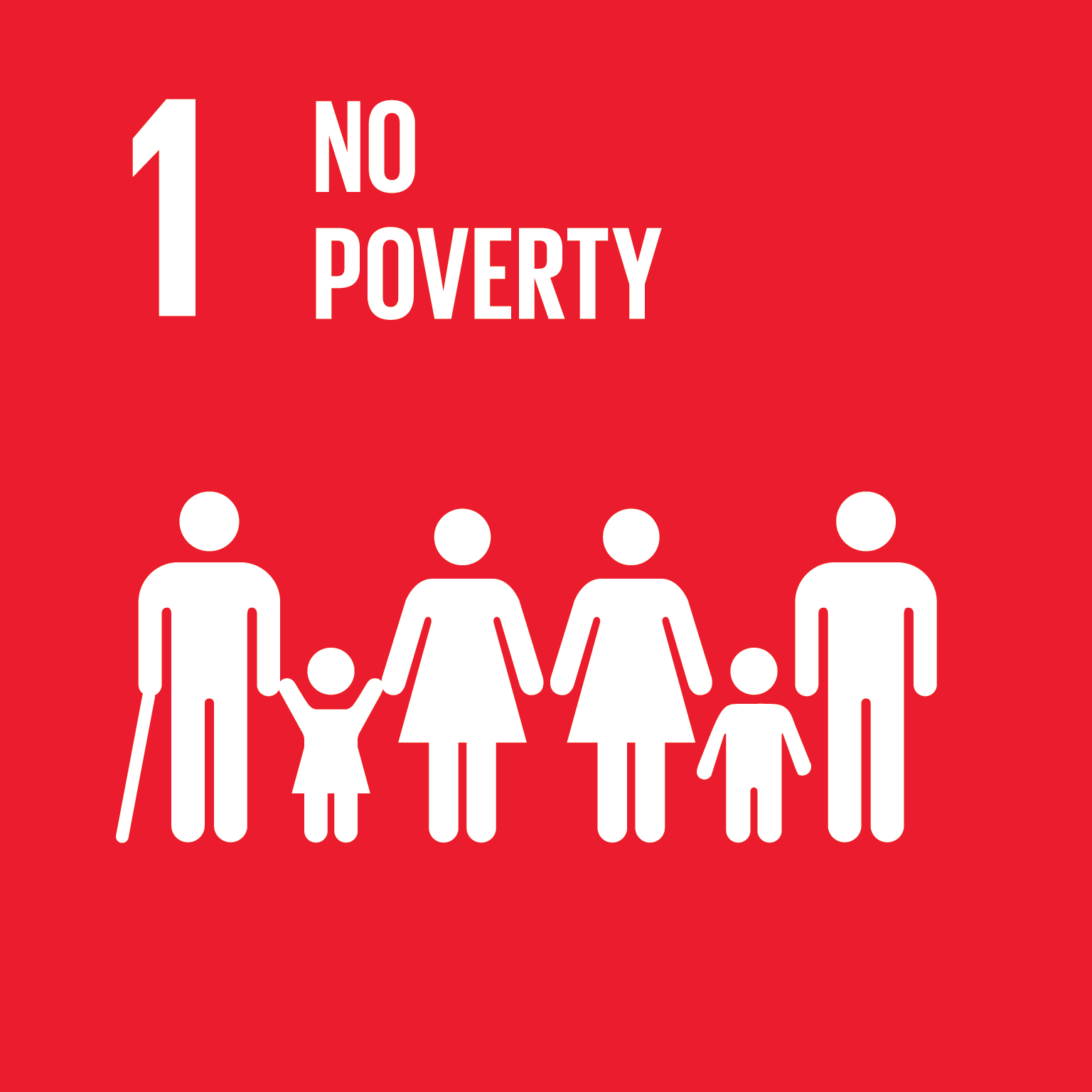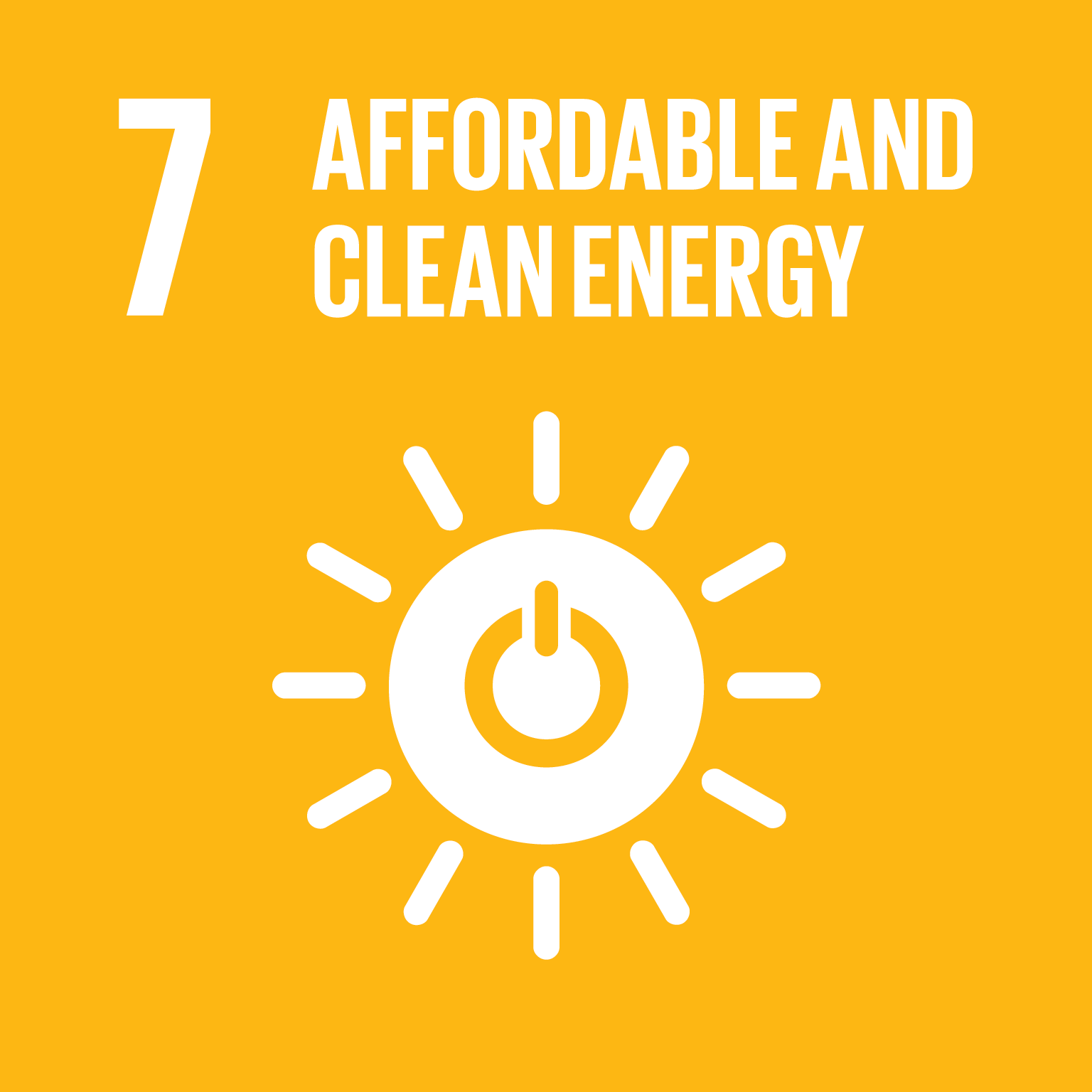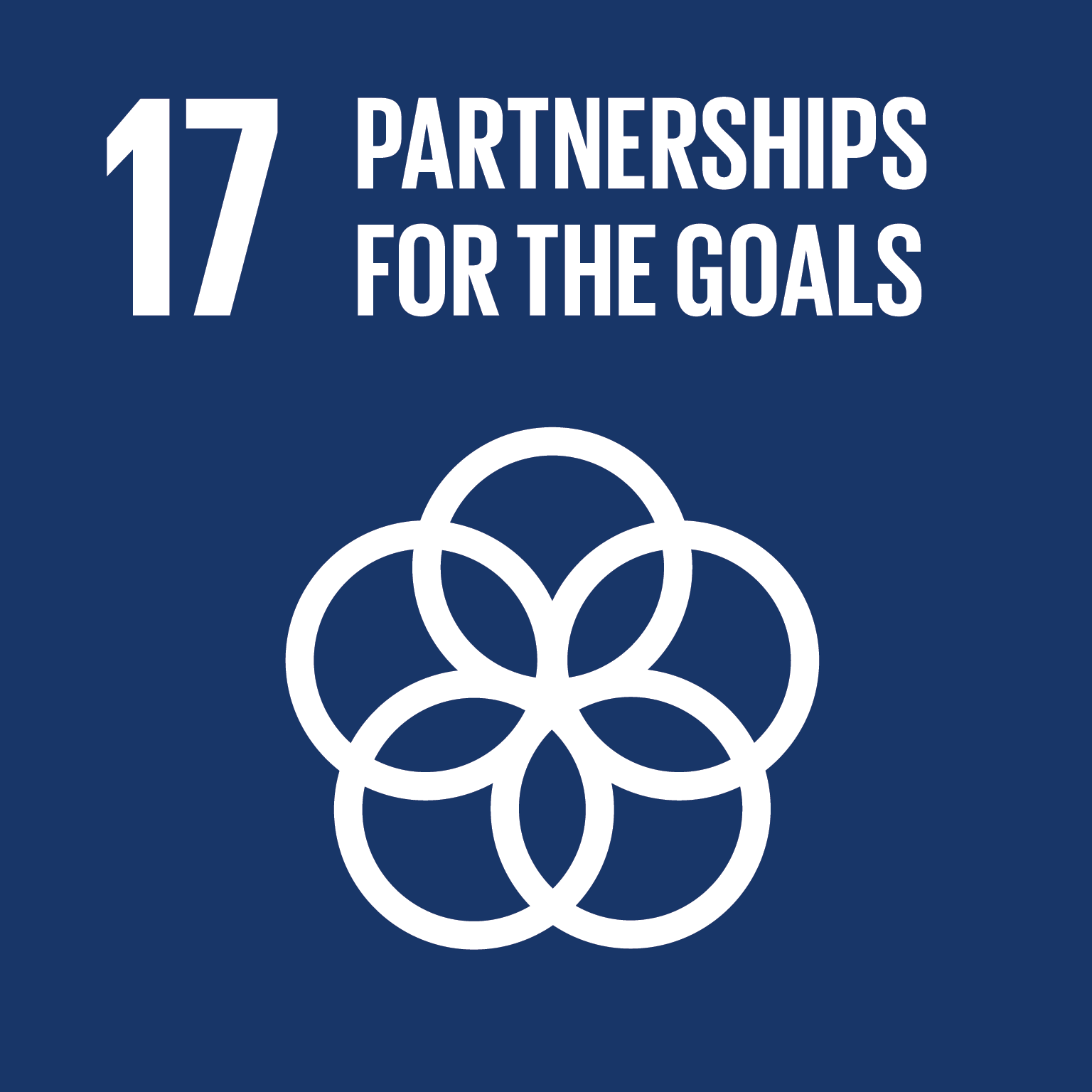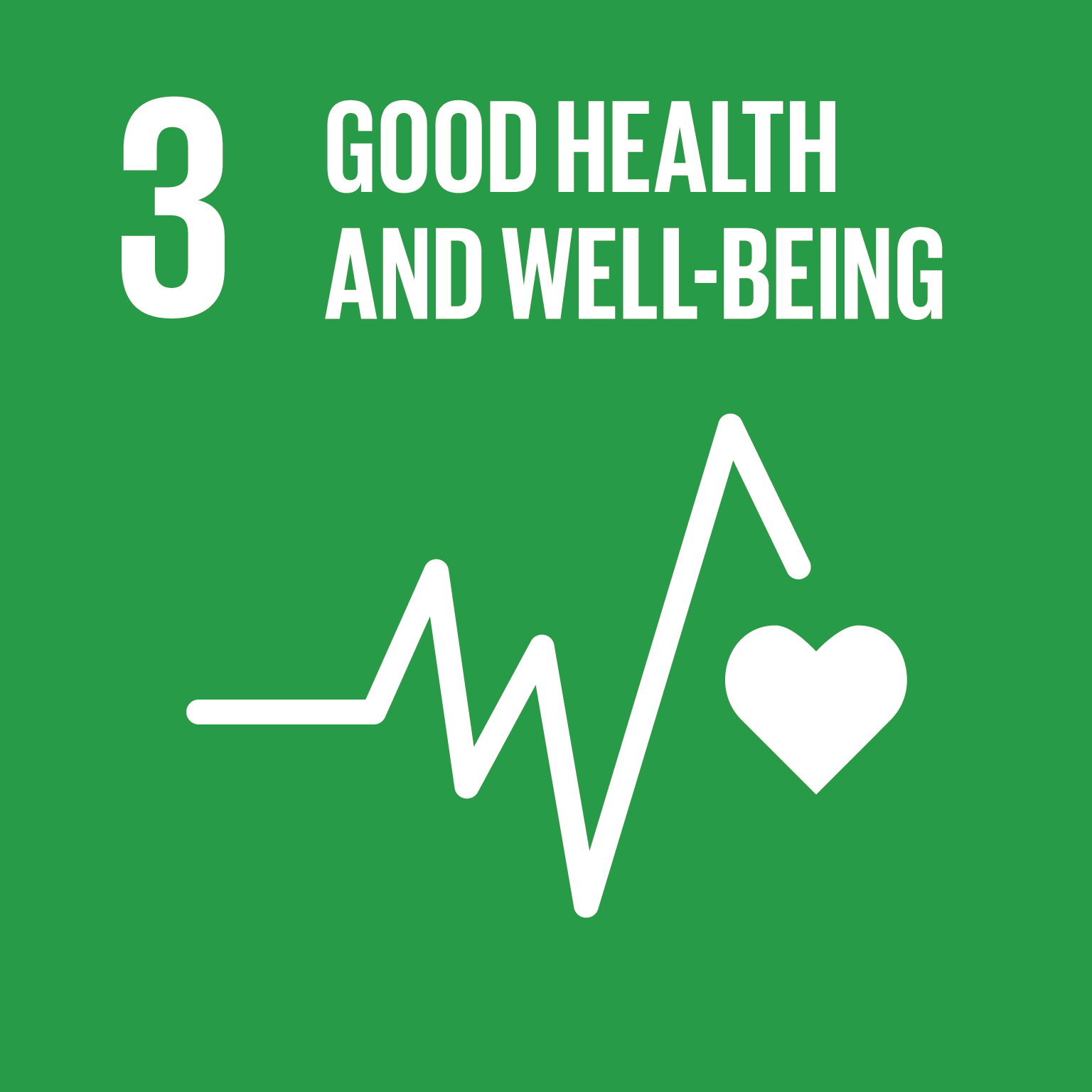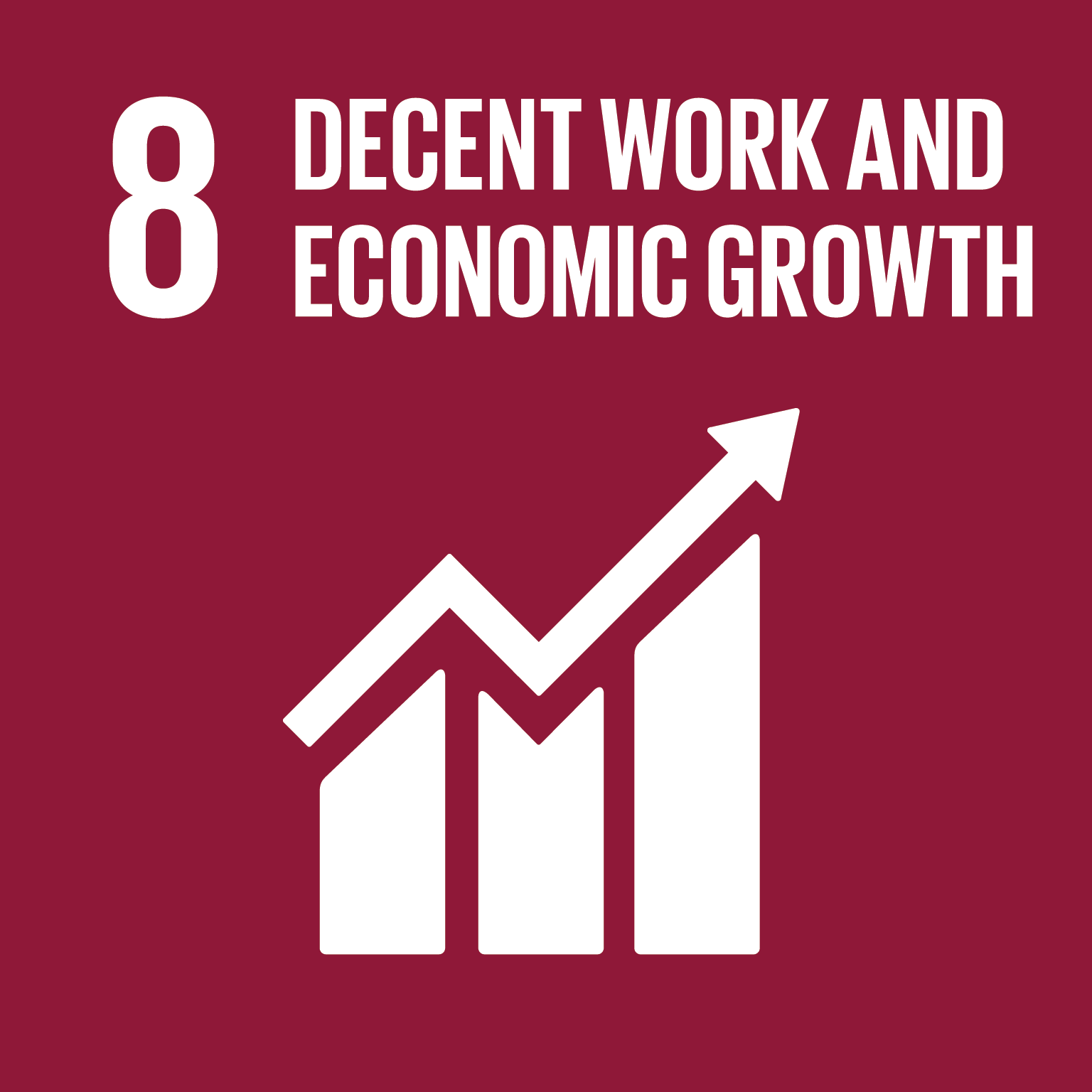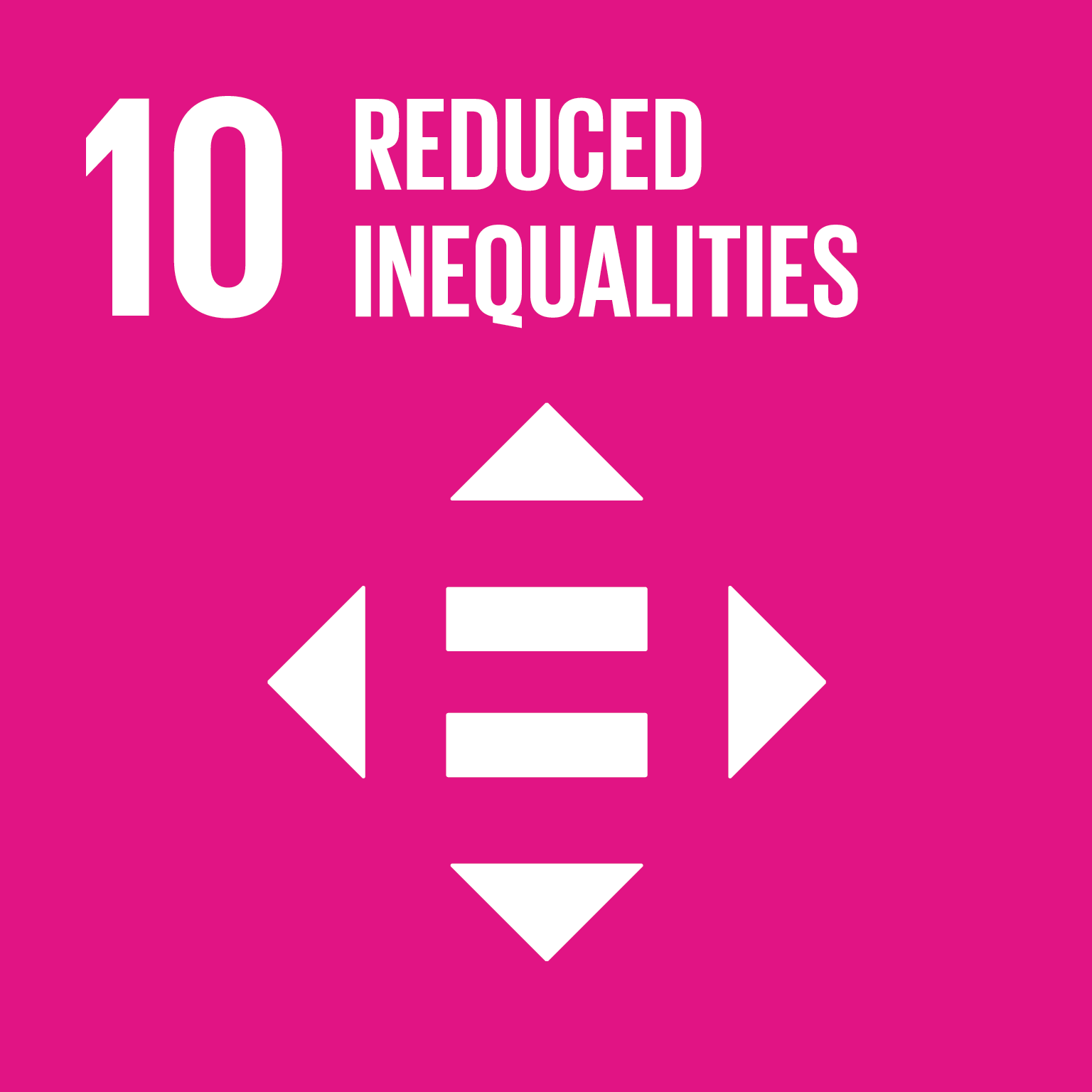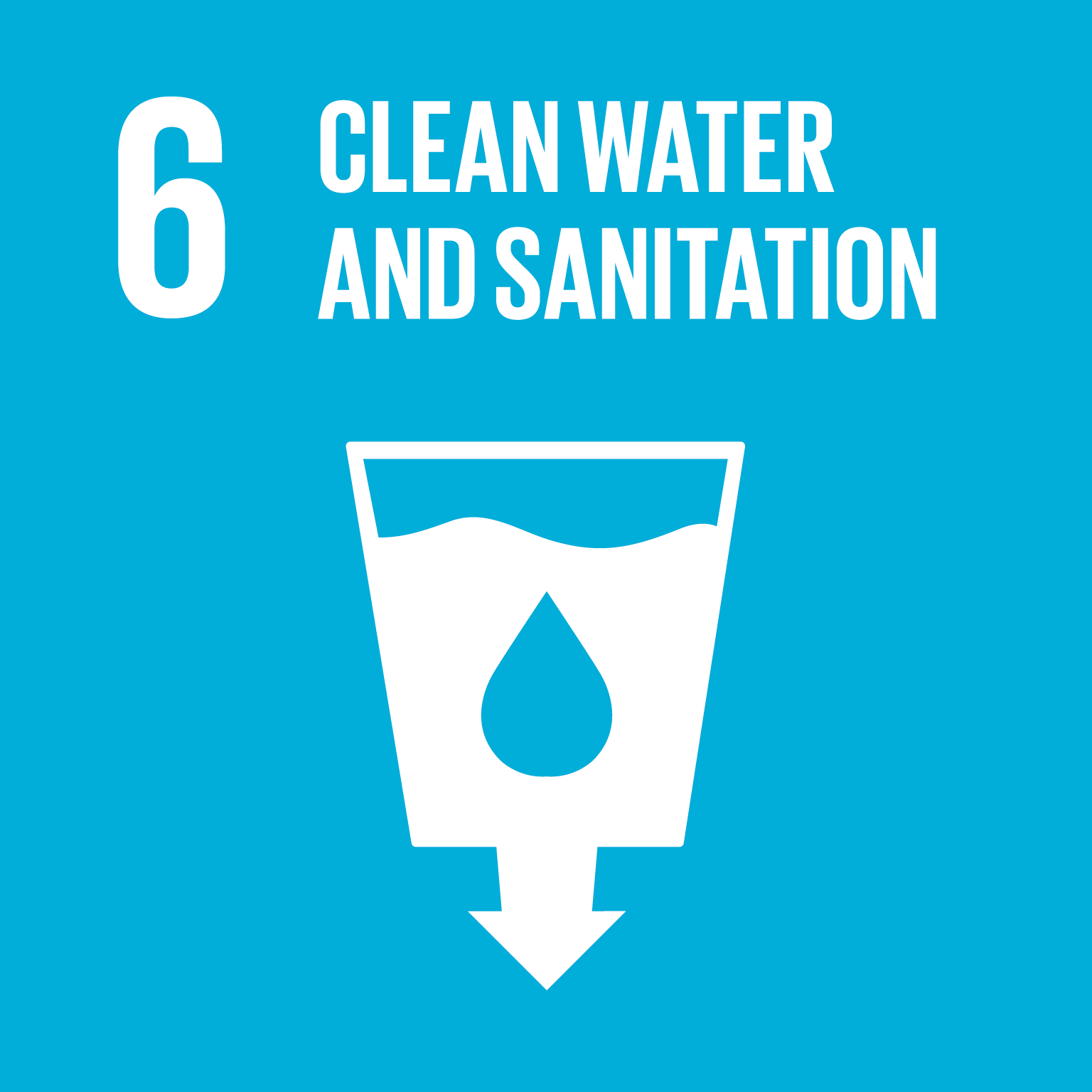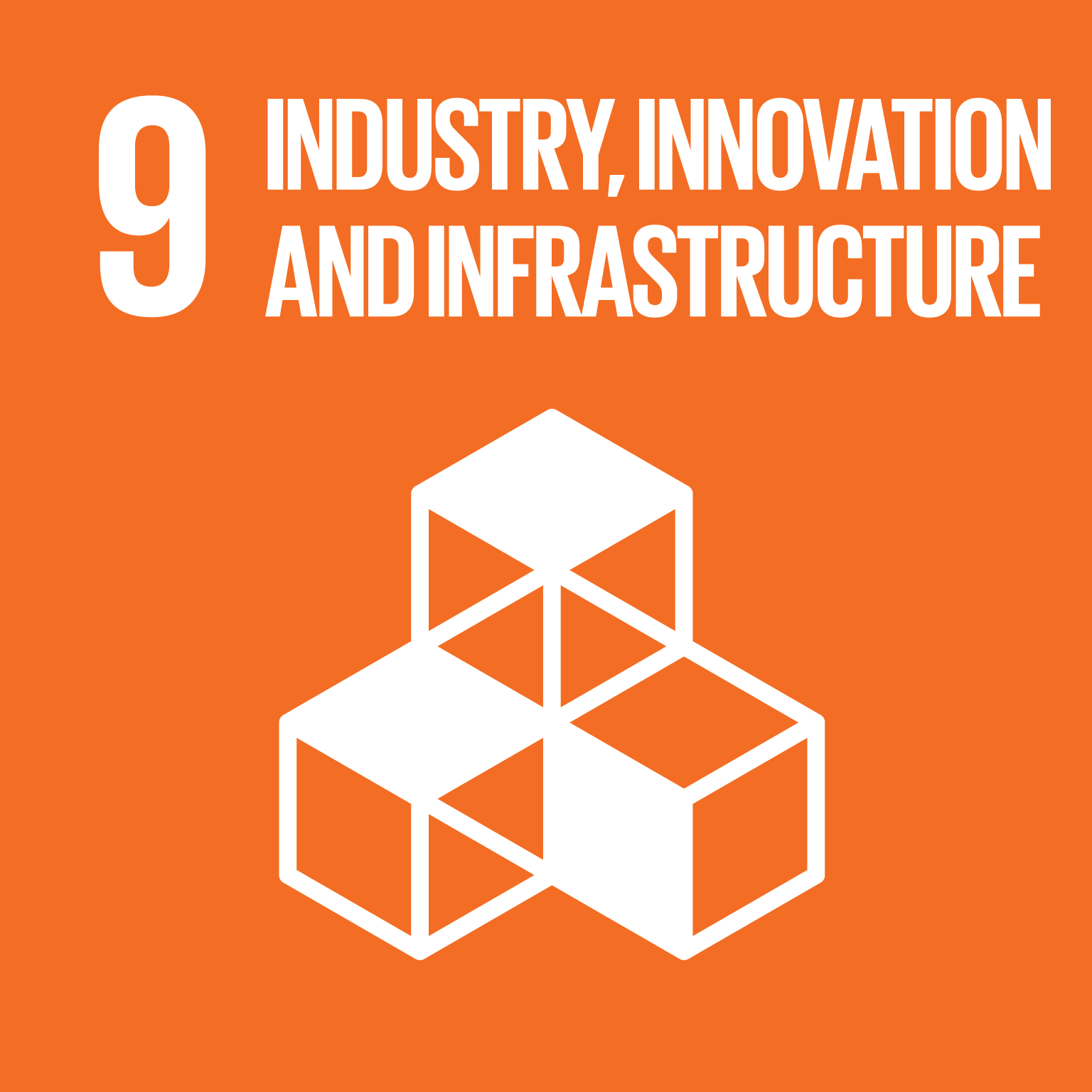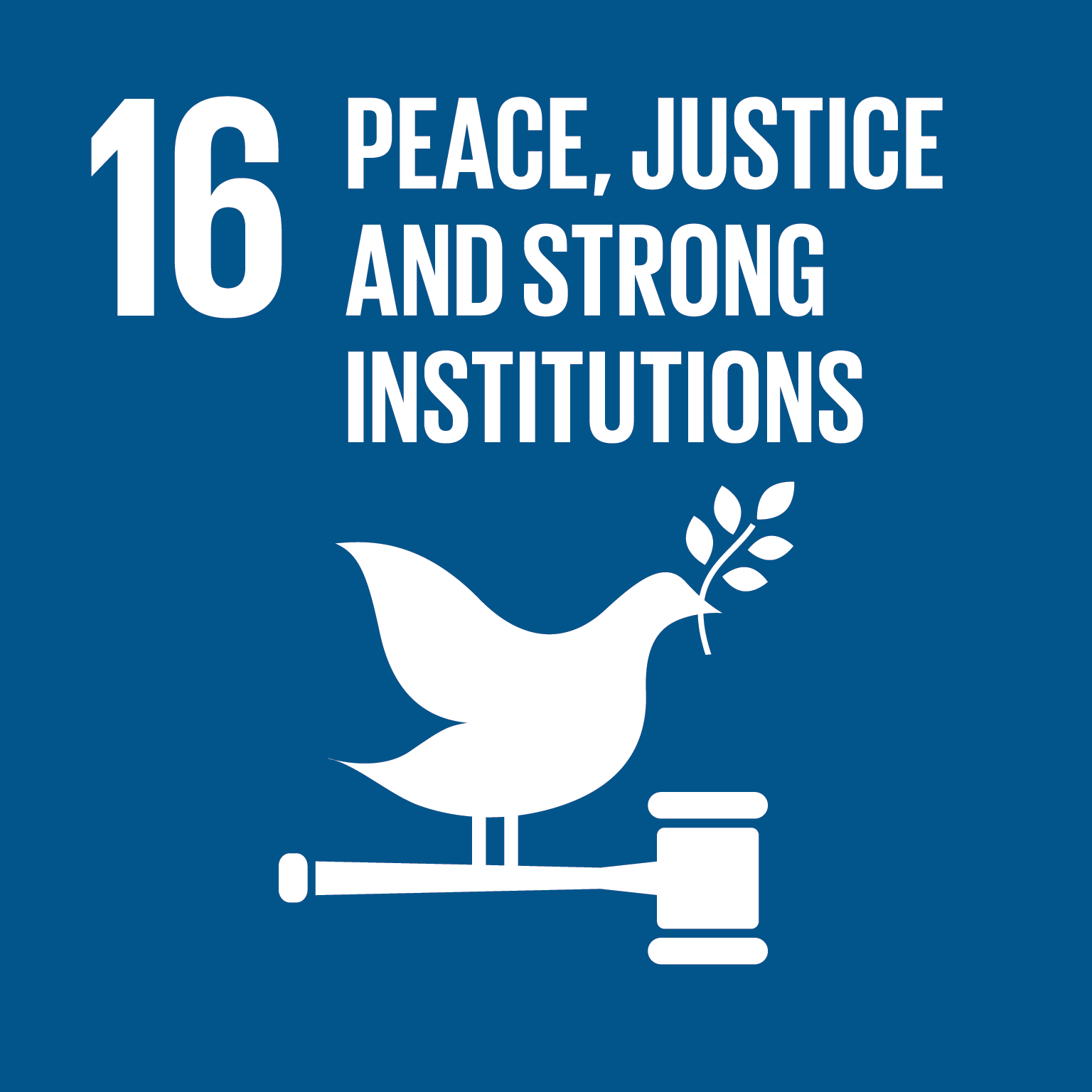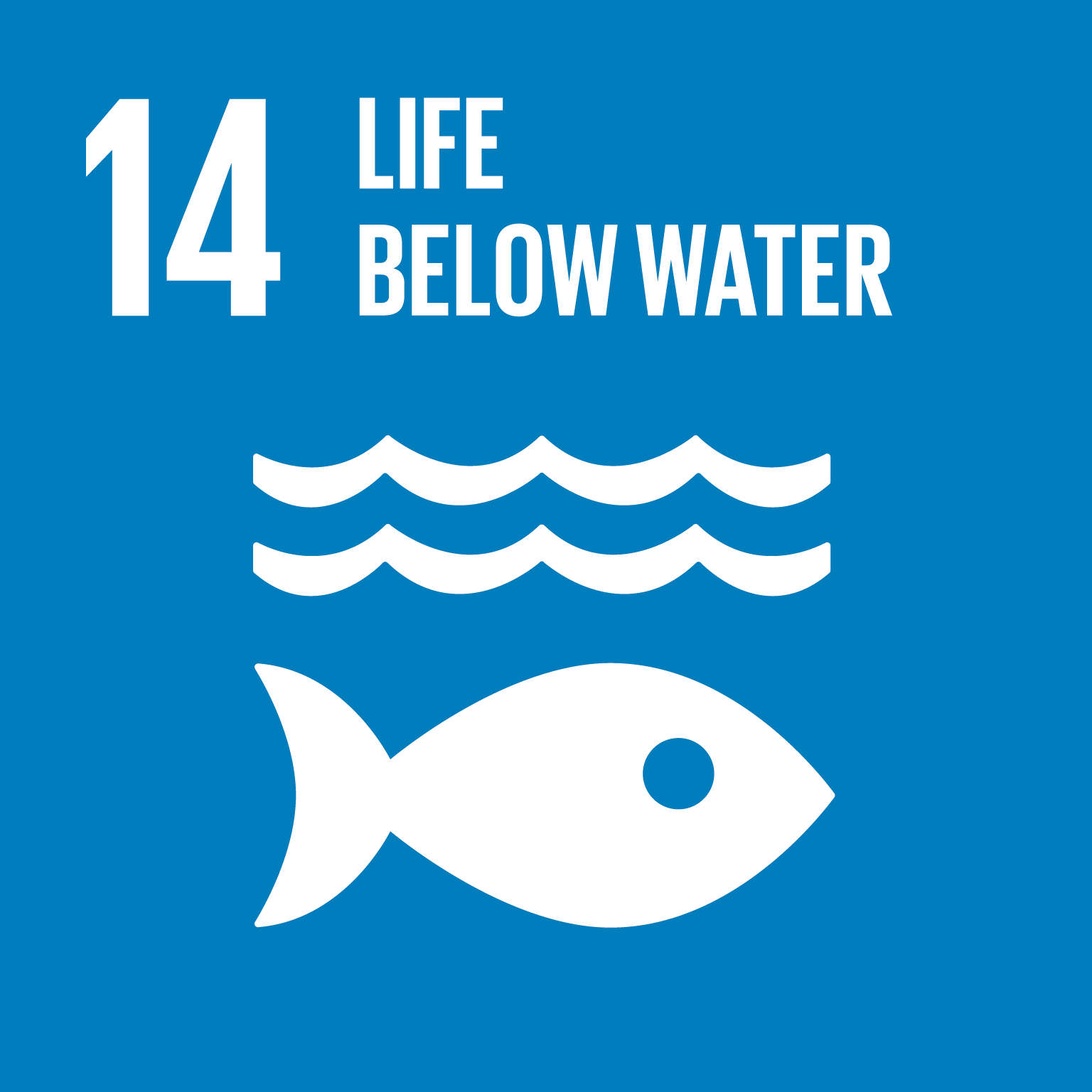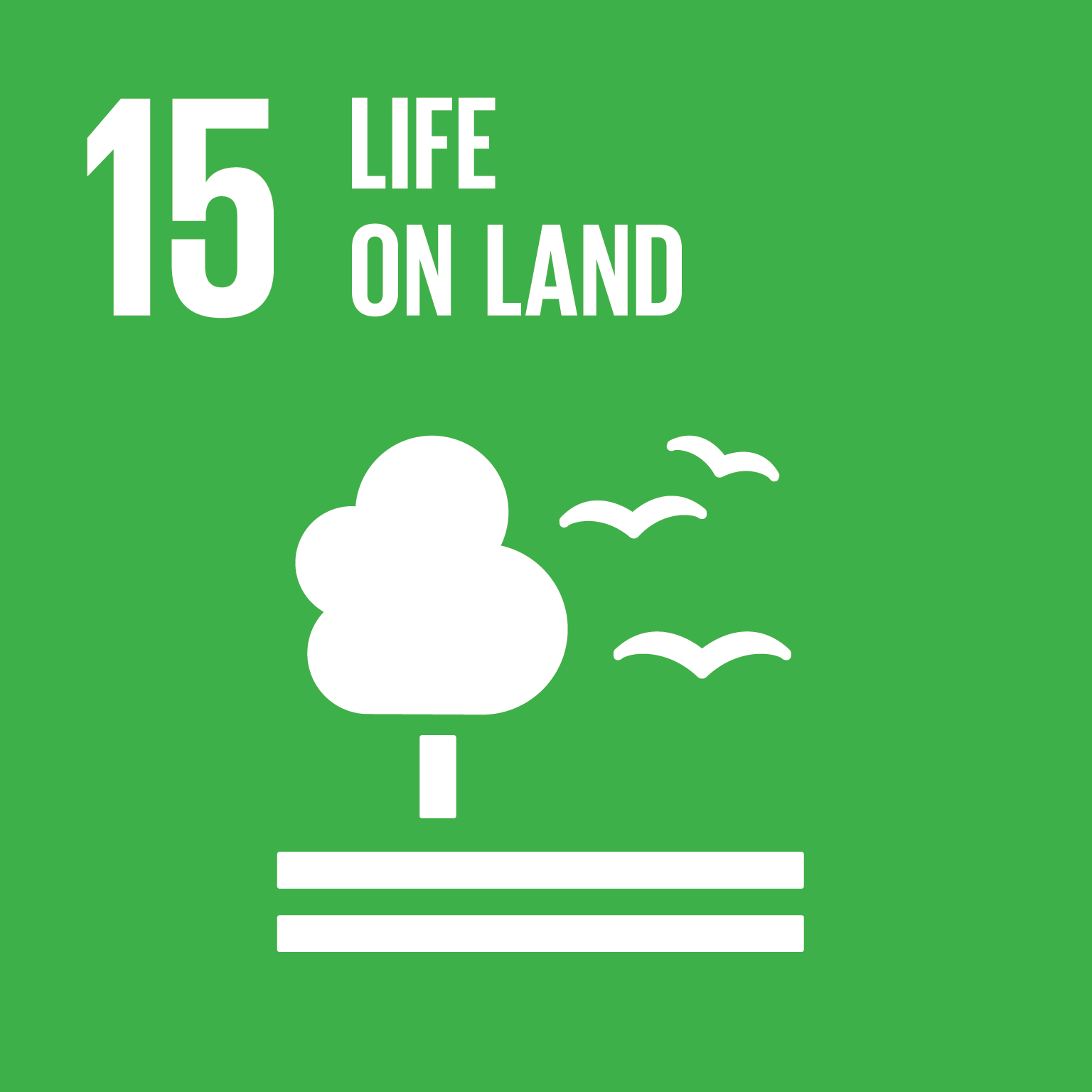Overview
KSA's 2023 Voluntary National Review (VNR) marks its second comprehensive assessment of progress towards the United Nations' 2030 Agenda for Sustainable Development and its 17 Sustainable Development Goals (SDGs) since its initial VNR in 2018. This VNR is deeply embedded within the nation’s overarching development agenda, Saudi Vision 2030.
This analysis presents KSA’s progress across the 17 SDGs, with ratings assigned to each goal based on the report’s findings. The ratings reflect the extent of progress made, highlight areas where challenges have been addressed, and identify those that remain unresolved.
Analysis
This analysis applies the VNR framework to KSA's VNR/SDGs Report 2023. Initially, the report was processed using an AI tool to extract, summarise, and categorise data related to the 17 SDGs. The AI provided preliminary insights into KSA’s progress, challenges, and measurable indicators across Saudi Vision 2030 which are built around three themes, Vibrant Society, a Thriving Economy, and an Ambitious Nation.
Following the AI review, the information was cross-verified by two independent human experts to ensure factual accuracy, contextual relevance, and alignment with the official UN SDGs indicators. This validation step strengthened the reliability of the data interpretation.
Finally, a team of SDGs experts conducted an in-depth qualitative and quantitative analysis to identify key challenges, potential solutions, and policy-level recommendations. The comprehensive approach, integrating AI-driven insights with expert validation, provides a balanced, evidence-based assessment of KSA’s progress toward achieving the Saudi Vision 2030, highlighting strategic areas for improvement, innovation, and sustainability.
Conclusion
KSA’s 2023, VNR highlights substantial progress toward the SDGs, driven by the alignment of Vision 2030 with global development goals. The Kingdom has achieved notable advances in social services, women’s empowerment, healthcare, education, environmental sustainability through initiatives like SGI and MGI, and economic diversification via the PIF and SME growth. Significant investments in digital infrastructure, renewable energy, and global partnerships further demonstrate commitment to long-term sustainability. While challenges remain in environmental management, youth employment, institutional transparency, and civic engagement, the VNR reflects a balanced narrative of progress and ongoing constraints. KSA’s iterative approach to SDGs reporting and policy refinement underscores its dedication to building the strategic and institutional foundations necessary to achieve sustainable development by 2030.
Recommendations
- Strengthen human capital, lifelong learning, and inclusive workforce participation.
- Improve access to quality healthcare, education, housing, and social protection.
- Diversify the economy, support SMEs and start-ups, and boost innovation and technology.
- Advance the green transition, circular economy, and sustainable resource management.
- Enhance governance, institutional coordination, transparency, and data-driven decision-making.
- Expand civic engagement, private-sector partnerships, sustainable financing, and international cooperation.
- Align SDG targets with Vision 2030 KPIs to ensure unified national progress and accountability.
- Boost research, innovation, and technology ecosystems through increased R&D funding, industry–academia collaboration, and innovation hubs.
- Strengthen PPPs and private-sector engagement by providing clear regulations, incentives, and performance-based contracts in key development sectors.
- Accelerate the green transition through renewable energy, hydrogen, CCUS, and energy-efficiency initiatives under the Saudi Green Initiative (SGI).
- Scale up nature-based solutions such as afforestation (10 billion trees target) and land/marine conservation (30% protection goal).
- Deepen international and regional cooperation via the Middle East Green Initiative, G20 platforms, and UN partnerships to share technology and knowledge.
- Strengthen national statistical systems to systematically measure, monitor, and report progress across all 17 SDGs and 234 performance indicators. KSA should provide transparent evidence detailing which of the indicators have been achieved, alongside data-supported analyses of those still in progress. This will ensure greater accountability, facilitate peer learning, and guide policy adjustments towards the 2030 Agenda.
